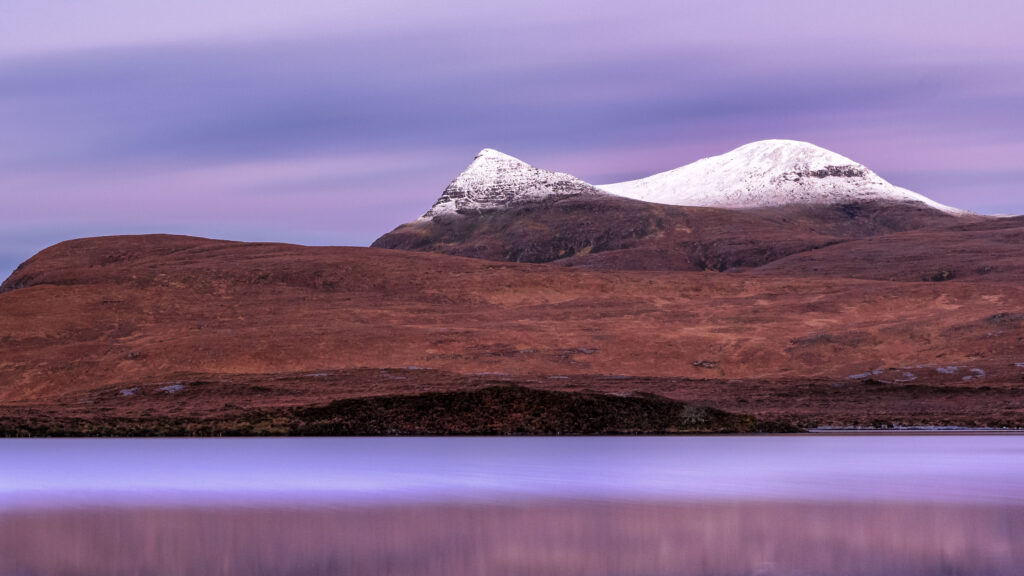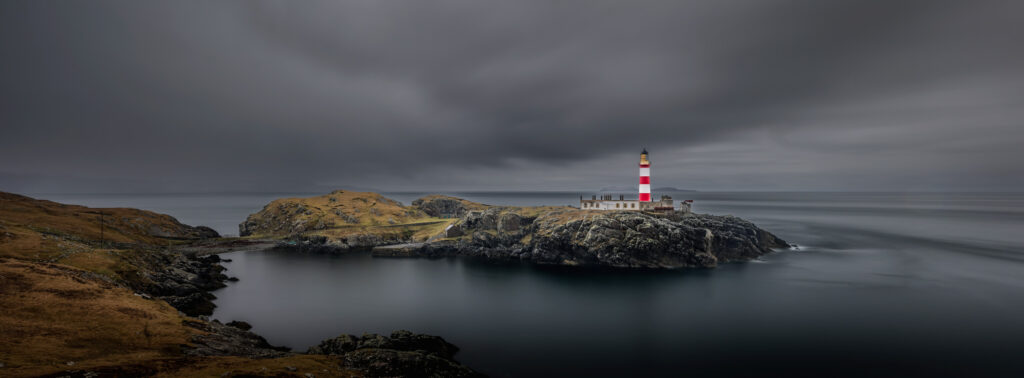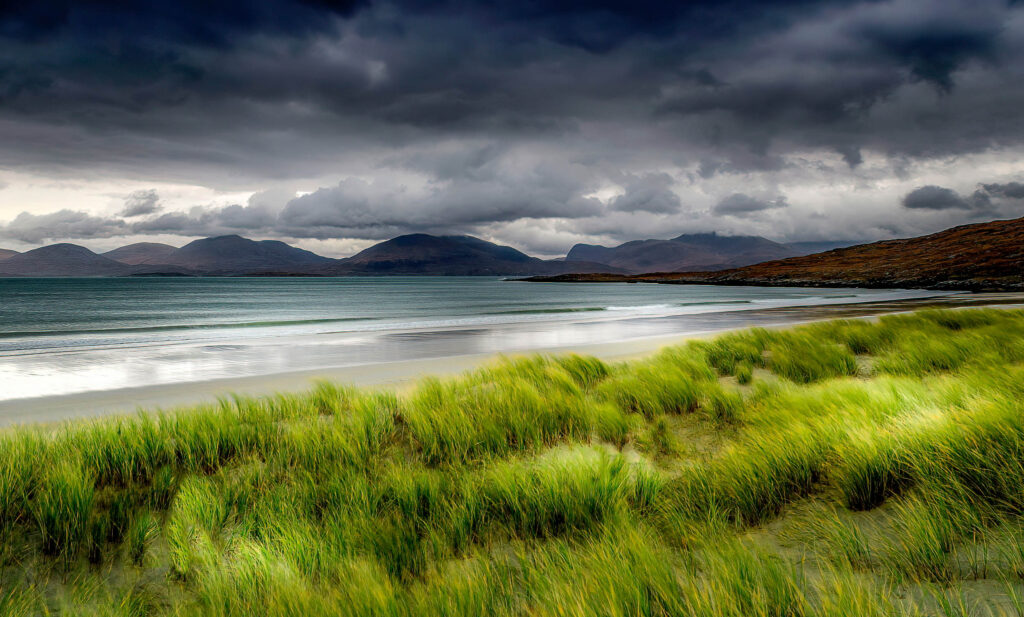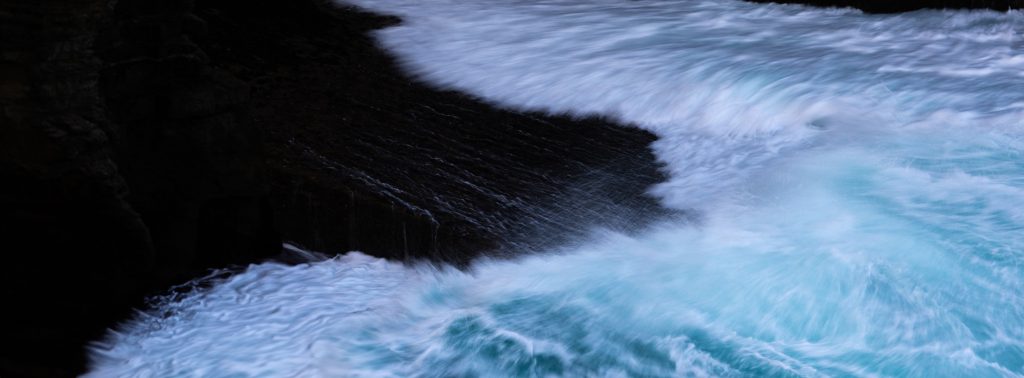Landscape Photography: Captivate Your Imagination
Photography is often seen as a medium of scientific precision, where technical knowledge and equipment play a vital role.
There are many who are queuing up to tell us how we should compose a photograph, where we should’ve stood, what we should’ve or shouldn’t have included. However, at its core, photography is not merely a science but an art form that has the power to evoke deep emotions and tell compelling stories. In this blog, we will explore how photography transcends the realm of science and embraces the realm of human emotion, allowing photographers to connect with viewers on a profound level.
Landscape photography has long captivated my imagination with its breathtaking vistas and serene natural beauty. While composition and light undoubtedly play a vital role in creating visually stunning images, it is crucial not to overlook the emotional impact that landscape photography can evoke.
I always try going beyond technical aspects to truly connect with the viewer’s soul.

A Sense of Awe and Wonder: Landscape photography has the extraordinary power to awaken a sense of awe and wonder within me. Through the careful selection of subject matter, I can capture the grandeur of nature and ignite a deep emotional response. A vast mountain range, a majestic waterfall, or a dramatic coastline can evoke feelings of humility, insignificance, and reverence, reminding me of the vastness and beauty of the world we inhabit.
Photography has a unique ability to communicate emotions without the need for words. Through composition, lighting, and timing, photographers can capture fleeting moments and freeze them in time, conveying a myriad of emotions.
The interplay of colors, contrasts, and textures can evoke joy, sadness, awe, or nostalgia, creating a visual language that speaks directly to our hearts.
Science or Art?: Unlike scientific endeavours, where objectivity and reproducibility are crucial, photography is subjective by nature. Each photographer has a distinct vision, perspective, and creative style that shapes their work. This subjectivity allows photographers to infuse their images with personal emotions, experiences, and perceptions, making each photograph a unique expression of their inner world. Similarly, viewers bring their own emotions and experiences to the interpretation of a photograph, resulting in a dynamic and interactive emotional exchangeWhile landscape photography is primarily a visual medium, it can transcend the boundaries of sight and engage our other senses. The sight of a serene lake reflecting a vibrant sunset, the sound of crashing waves, or the scent of blooming wildflowers can transport us to a specific moment and evoke a range of emotions. The immersive nature of landscape photography enables us to experience the scene not just with our eyes but with our entire being.

Connecting with Nature: One of the inherent qualities of landscape photography is its ability to foster a deep connection with nature. As viewers, we are often drawn to landscapes that resonate with our personal experiences, memories, or desires. A photograph of a misty forest might evoke a sense of tranquility and escape from the chaos of everyday life. By immersing ourselves in these images, we can experience a profound emotional connection with the natural world, rekindling our love for the environment and our responsibility to protect it.
Photography has the remarkable ability to freeze a moment in time, preserving not only the visual details but also the emotions associated with that moment. A single photograph can encapsulate a lifetime of experiences, triggering nostalgia or transporting us to a different time and place. The power lies not in the scientific accuracy of the image, but in the emotional resonance it creates, reminding us of our shared humanity and the fleeting nature of life.

Mood and Atmosphere: Beyond technical aspects, landscape photography enables photographers to capture and convey the mood and atmosphere of a particular scene. The interplay of light, weather conditions, and the photographer’s creative choices can imbue an image with a sense of serenity, mystery, drama, or tranquility. These emotional nuances can transport viewers to different states of mind, triggering introspection, contemplation, or a sense of escapism.
Photographs have the power to tell stories, to capture the essence of a person, a culture, or a momentous event. By conveying emotions and narratives, photographers can transcend the technical aspects of their craft and create a connection with their audience. Whether it’s a portrait that reveals the inner world of the subject or a photojournalistic image that captures the raw reality of a situation, the emotional impact of the photograph is what resonates with viewers long after they have put the camera down.
While technical proficiency is undoubtedly important in photography, it is the photographer’s vision and intent that ultimately define the emotional impact of an image. Embracing creativity, experimentation, and a willingness to take risks allows photographers to go beyond the constraints of science and explore the depths of human emotions. It is in this realm of personal expression that the true power of photography lies.
Every landscape photographer brings their unique perspective, experiences, and emotions to their work. By infusing their images with their own emotional connection to the landscape, photographers can create a deeper and more intimate connection with viewers. It is through this personal expression that landscape photography becomes a form of artistic storytelling, enabling us to see the world through the photographer’s eyes and feel the emotions they experienced while capturing the scene.
Conclusion: Photography is not merely a scientific pursuit but a profoundly emotional and artistic medium. It is through the lens of emotion that photographers can capture and convey the essence of the human experience, inviting viewers to engage with their work on a deep and personal level. By recognising and embracing the emotional aspects of photography, we can appreciate its transformative power and truly understand the artistry behind every photograph.
In a world saturated with opinions and guidelines, it is crucial to remember that photography is ultimately a deeply personal form of artistic expression. Embrace your own instincts, defy the rules that do not resonate with you, and capture images that reflect your unique vision and emotional connection. By focusing on your creative growth, celebrating individuality, and nurturing a supportive community, you can confidently navigate the photography world while staying true to your own artistic voice. Remember, the most compelling photography emerges when you follow your heart rather than the directives of others.





